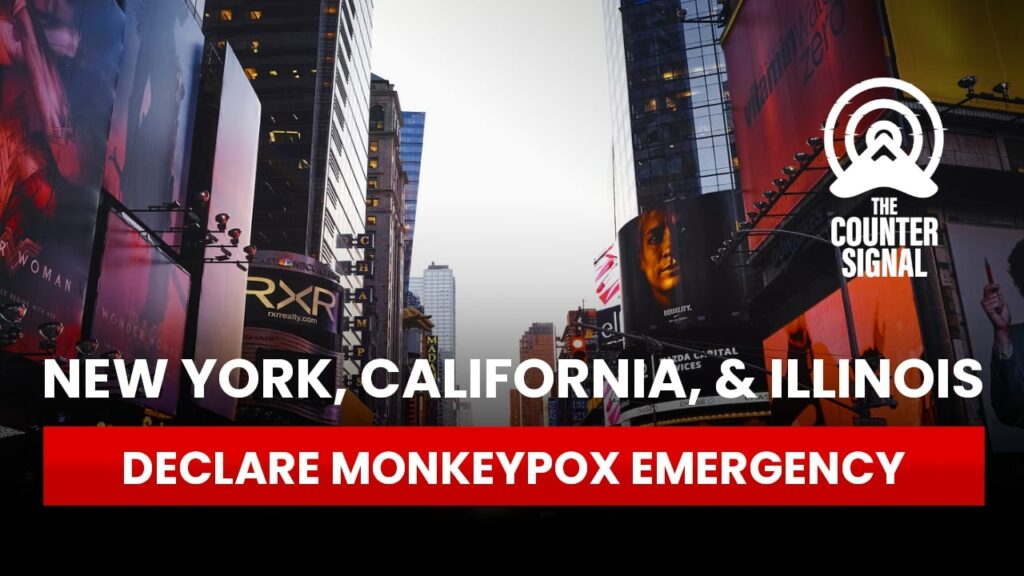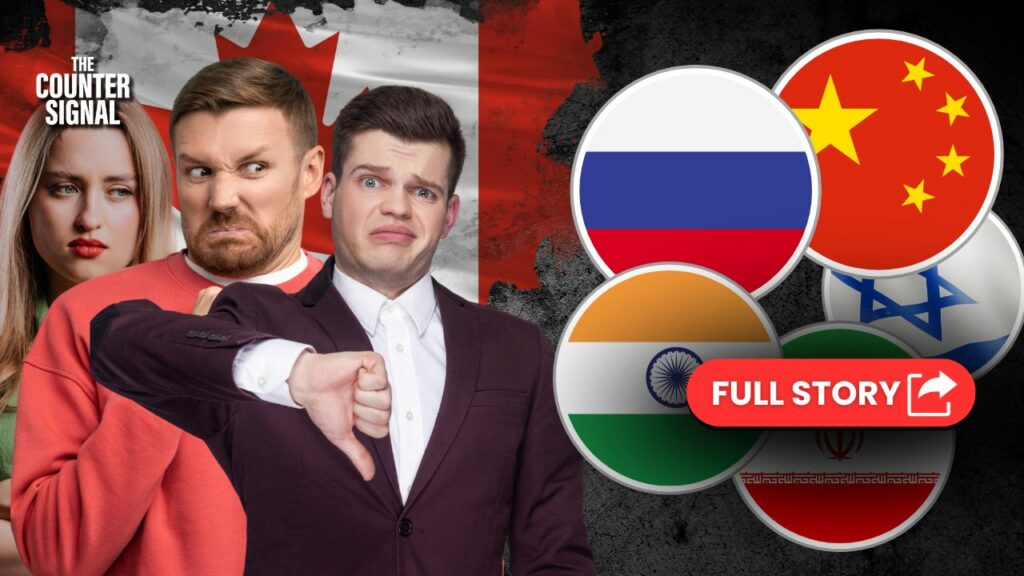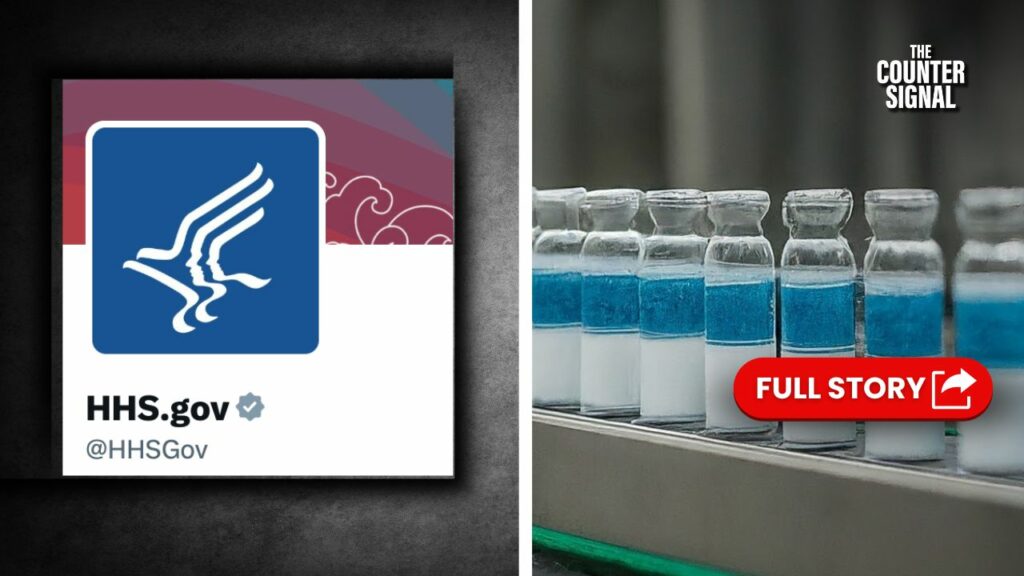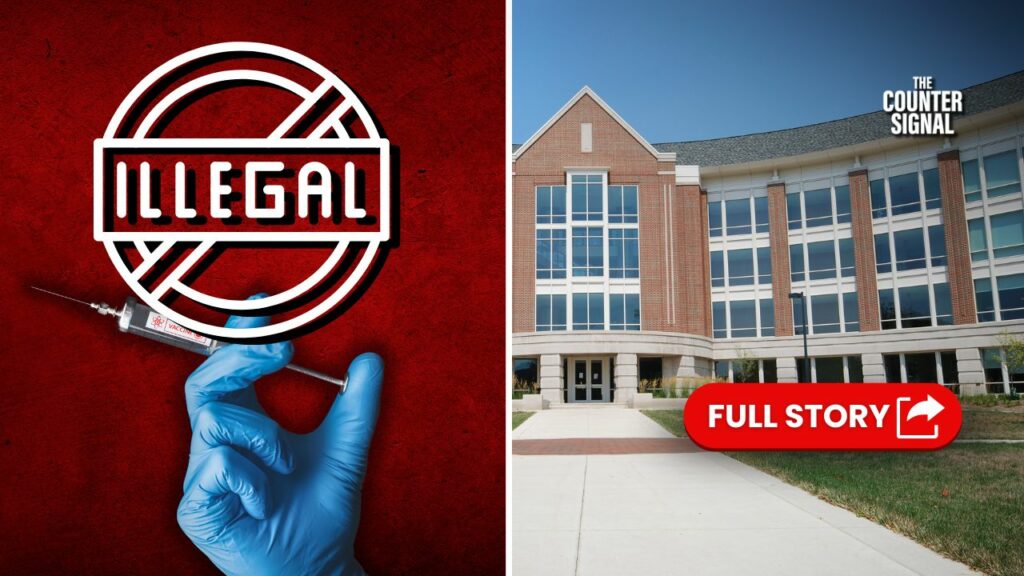Several states in the US have declared a state of emergency over monkeypox despite low case counts and the low transmissibility of the virus.

Yesterday, Illinois and California joined New York in declaring monkeypox an emergency.
“California is working urgently across all levels of government to slow the spread of monkeypox, leveraging our robust testing, contact tracing and community partnerships strengthened during the pandemic to ensure that those most at risk are our focus for vaccines, treatment and outreach,” said California Governor Newsom in an official statement. “We’ll continue to work with the federal government to secure more vaccines, raise awareness about reducing risk, and stand with the LGBTQ community-fighting stigmatization.”
In Illinois, Governor Pritzker said, “[Monkeypox] is a rare but potentially serious disease that requires the full mobilization of all available public health resources to prevent the spread. That’s why I am declaring a state of emergency to ensure smooth coordination between state agencies and all levels of government, thereby increasing our ability to prevent and treat the disease quickly.”
The city of San Francisco also declared a local health emergency over monkeypox last Thursday, becoming the first US city to do so.
These declarations come less than two weeks after the World Health Organization (WHO) declared monkeypox an international health emergency, with Director-General Tedros Adhanom overruling the WHO panel committee that voted against doing so.
At the time, the WHO reported that there were roughly 16,000 cases of monkeypox on a planet of over 7 billion — hardly alarming, to say the least. Moreover, as reported by NPR, “A total of 5,811 cases of monkeypox have been recorded nationwide, with 1,390 of those cases in New York, another 827 in California and 520 in Illinois.”
You heard that right. An emergency has been call in Illinois over 520 cases of monkeypox.
Following the WHO declaration, the WHO did exactly what most would expect given the precedent set by COVID: called for worldwide censorship to combat so-called “misinformation” on social media.
Given the actions of New York, Illinois, and California during the COVID pandemic, it’s likely that all three states will follow the WHO’s censorship recommendation.










